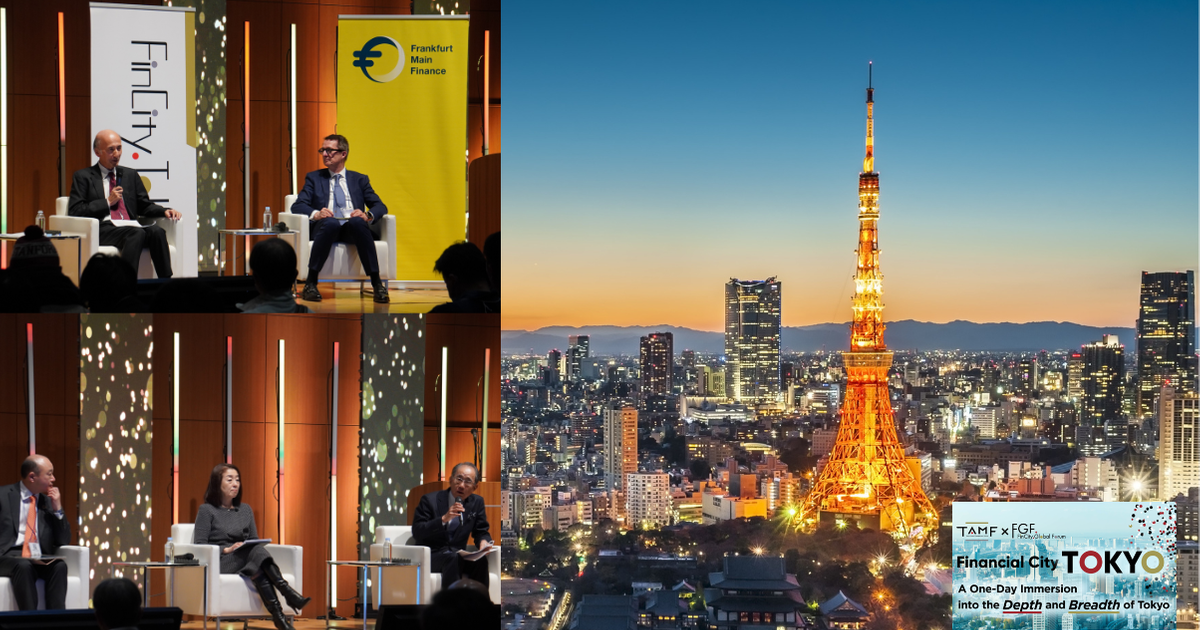In 2021, Chobani became the first in the US dairy industry to achieve Fair Trade status after being certified by Fair Trade USA (FTUSA). This feat, however, wasn’t enough to keep at bay a class action lawsuit over claims that Chobani was still not doing enough to ensure equitable and sustainable practices. And, unfortunately, FTUSA has also been criticized regarding its ethical standing within the certification sector.
To improve its credibility in the marketplace, FTUSA has been enacting new policies and increasing its connections with popular and respected brands, such as Chobani and Whole Foods. Whole Foods has attracted interest from a variety of third party certifiers within the realm of ethical marketing, due to the launching of its Sourced for Good program. Such initiatives reinforce conscious consumption and incentivize the social labeling trend.
Tactics for ethical marketing became mainstream in the 1990s, and firms have been seizing opportunities to cater to a more ethically inclined consumer base ever since.
Fair Trade certification, in particular, was an intriguing offering in the marketplace given that it aligned the affluent lifestyles of advanced economies with the livelihood struggles of the Third World.
Fair Trade originated to serve as an innovative supply chain to aid poverty reduction by engaging the world’s poor in the trading system. The main objective of Fair Trade is to distribute greater benefits to poor producers, while at the same time encourage businesses and consumers to support development efforts by paying a premium price for certified goods.
The overall concept of Fair Trade can be broadly applied as an umbrella term but it should be pointed out that ‘fair trade’ terminology is also used within trade law, referring to trade liberalization and non-discrimination policies, and has no connection to ethical marketing campaigns.
The desire for companies to feature a Fair Trade label on their product packaging or their storefronts is derived from the ‘halo effect,’ where incorporating just one certified product into a company’s product portfolio could improve a firm’s reputation and ethical standing overall. A prime example of this, known as ‘fairwashing,’ occurred when Proctor and Gamble’s (P&G) Millstone brand began to offer Fair Trade certified coffee in 2004. This marketing strategy was easy for P&G to implement, since sales generated by Millstone are small in comparison to its Folgers brand, and yet the entire corporation could be perceived as supporting Fair Trade.
Similarly, Starbucks was also able to capitalize on ‘fairwashing’ when its brand garnered a more favorable reputation, after offering Fair Trade coffee to customers in 2006. And this was despite the fact that certified coffee constituted only roughly 6 percent of its coffee imports at that time.
Starbucks and P&G provided new potential for Fair Trade certifiers, and this sometimes drew criticisms as to whether the interests of large multinationals were supplanting the needs of small-scale producers. And while some industry leaders like Chobani choose to leverage certifying agencies, others, such as Starbucks, have decided to vertically integrate the process. Starbucks’ launched its own program, Coffee and Farmer Equity (C.A.F.E.) Practices, only a few years after becoming Fair Trade certified.
As interest in Fair Trade has grown, so too have certification schemes, and this is particularly troubling for the marketing of certified goods. Although Fair Trade may initially seem financially attractive to poor producers, it does not fix areas of instability in the macroeconomic realm, nor guarantee the continuation of sales. As such, the positioning of certified producers in the marketplace could be compromised if supply were to ever outpace demand, or if another social label were to attract attention away from this sector.
In order to confront demand-side concerns, as well as ensure the continuation of competitive rents, certifiers have encouraged both schools and municipalities to apply for Fair Trade status, and with impressive success.
In 2006, Media, Pennsylvania became the first certified town within the US and there are now 48 campaigns for Fair Trade towns and 110 campaigns on college campuses nationwide. In 2010, Chicago passed a resolution backing all Fair Trade initiatives taking place citywide.
The power and influence of Fair Trade have been particularly strong in Europe, and within the UK market alone there are over 600 certified communities and thousands of certified schools. Wales was the first nation to be certified, and Scotland achieved Fair Trade status in 2013, after committing its parliament to advancing the promotion and public awareness of Fair Trade on an annual basis, and ensuring that people bought Fair Trade products regularly.
Clearly certifiers have been quite successful in gaining assistance from governments and public institutions to further sales, and now Fair Trade organizations, such as FTUSA, are promoting certification to assist firms with advancing environmental, social, and governance (ESG) goals.
Evidently, the mainstreaming of Fair Trade has resulted in new branding techniques and networks for rent-seeking agencies — and so we would be wise to keep watch over the outcomes of this sector over time.
Fair Trade seems to be emboldening soft forms of regulatory power, as well as incentivizing dependency-based relationships and forced transactions. Indeed, what is most worrisome about Fair Trade is that it normalizes producer practices according to what is approved by certifiers, and takes away producer choice in terms of business conduct. Certification may even deter producers from exploring expansion opportunities since, according to basic economic principles, if you pay producers more for their current offerings, producers are less likely to seek out alternative forms of income generation. Essentially, the premium price charged for certified goods serves as a form of subsidization rather than a contributor to wealth creation and, given that the label is associated with helping small farmers, it is in the interest of certifiers for the farms to remain small.
Fair Trade dampens opportunities for innovation and entrepreneurship for those who need it most.














